From Alan Fearnley, of whom I have spoken before (right-click to embiggen):
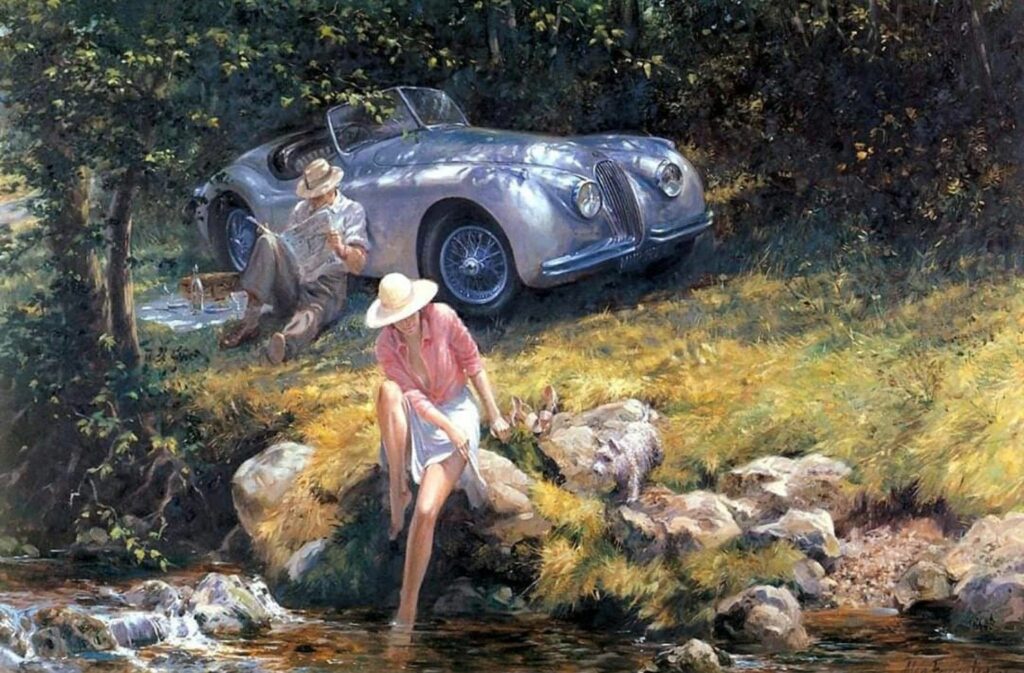
Yes, it’s a romantic 1950s-era scene — the period I yearn for.

Art, music, literature and thespianism
From Alan Fearnley, of whom I have spoken before (right-click to embiggen):

Yes, it’s a romantic 1950s-era scene — the period I yearn for.
As a rule, I tend to prefer Impressionist landscape paintings, such as Monet’s Morning:

That doesn’t mean I’m completely averse to the more realistic style, though, and I also think that 19th-century American painters are quite noteworthy, especially those of the Hudson Valley School. Here are a few from John William Casilear, for example, that are quite lovely:
Hudson View
(One might think that this is an Impressionist painting, unless one has actually seen the Upper Hudson Valley at this time of day…)
Lake George (early)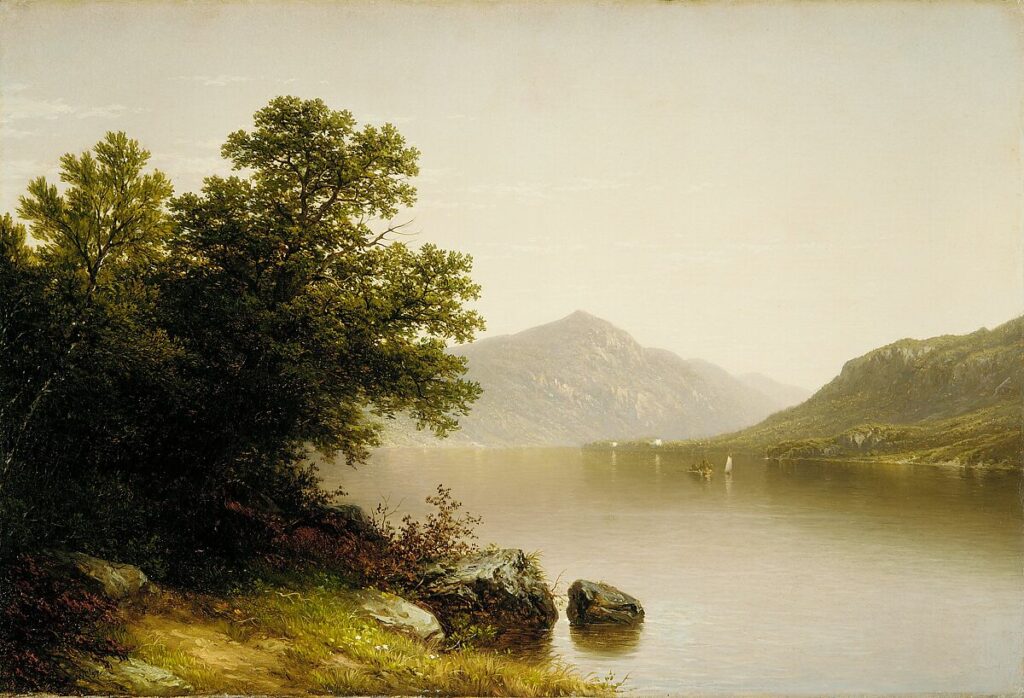
Lake George (later)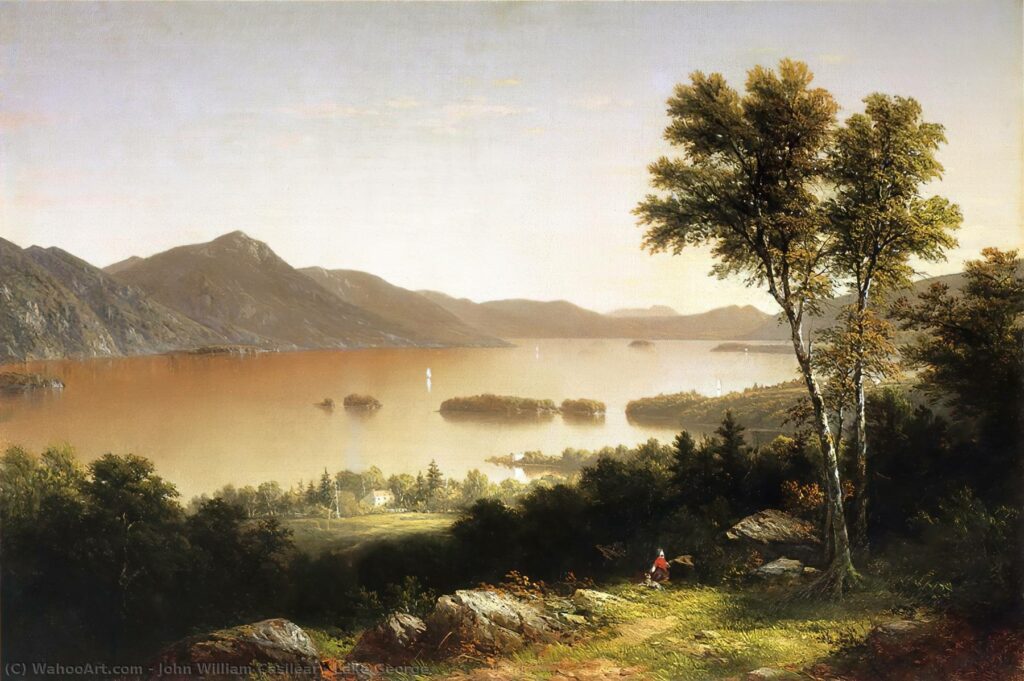
Saratoga Springs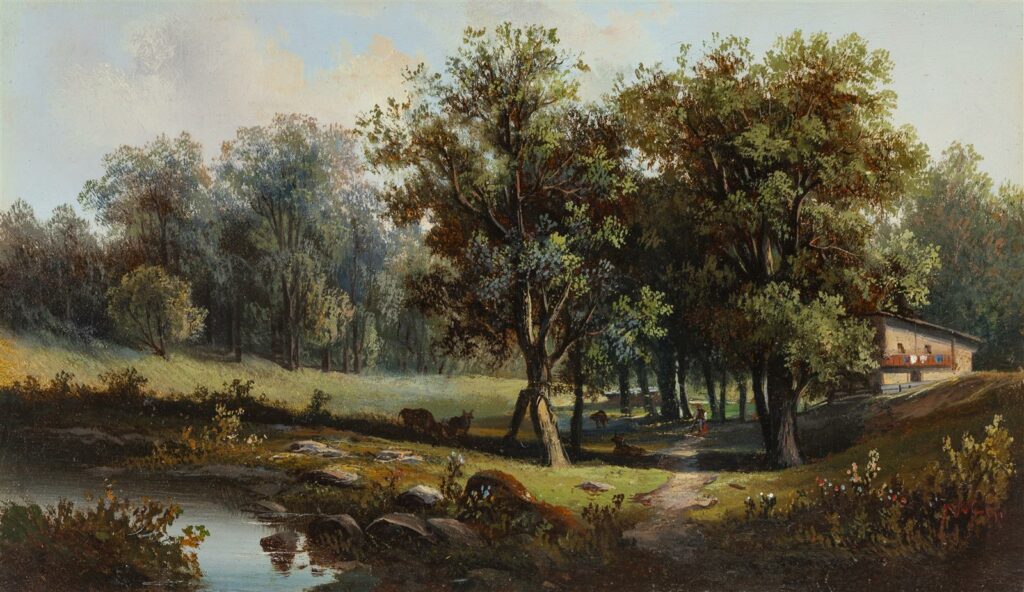
New Hampshire Beach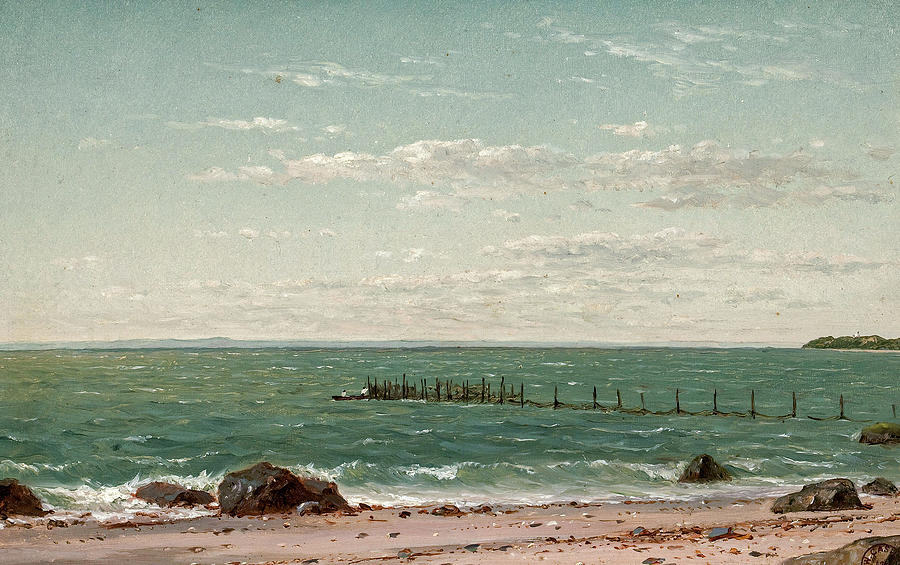
Sea Scene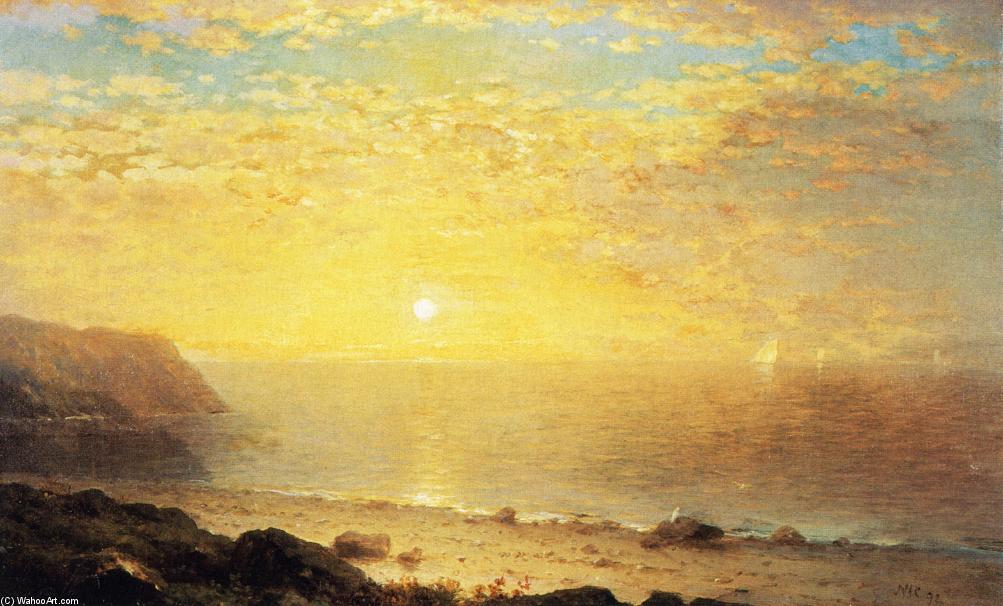
Sunset
My favorite Casilear, though, is a moodier piece:
Moon Rise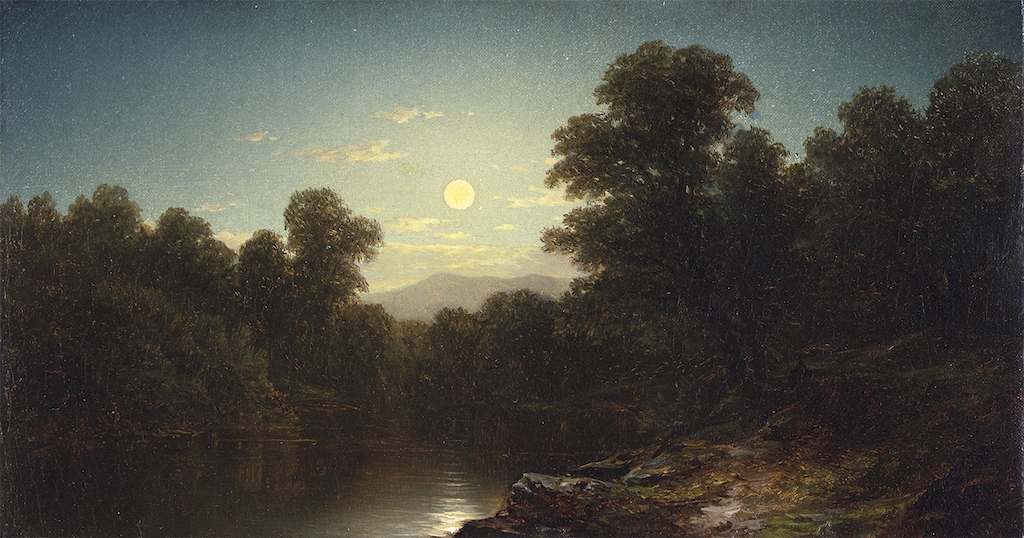
Landscape art, I think, is supposed to calm the viewer and make them wonder at the beauty of Nature. Casilear’s work does that, in spades.
Sotheby’s had an auction a while back, and these particular pieces caught my eye:
First, from my favorite modern Impressionist, Leonid Afremov:
Then, two pieces from my favorite Academy artist, Eugenio (Eugene) De Blaas: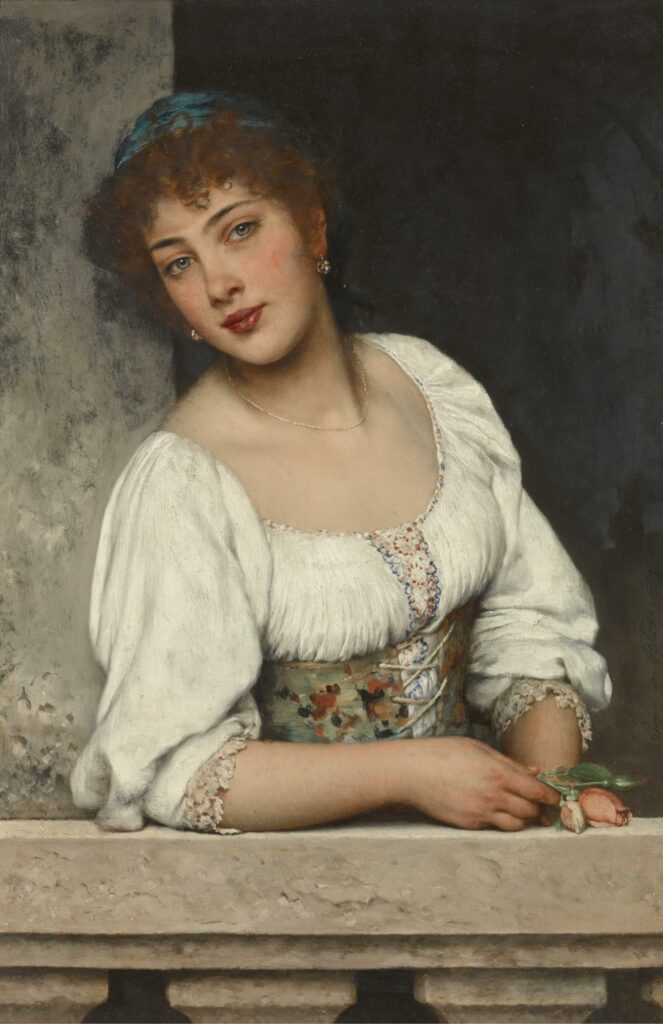
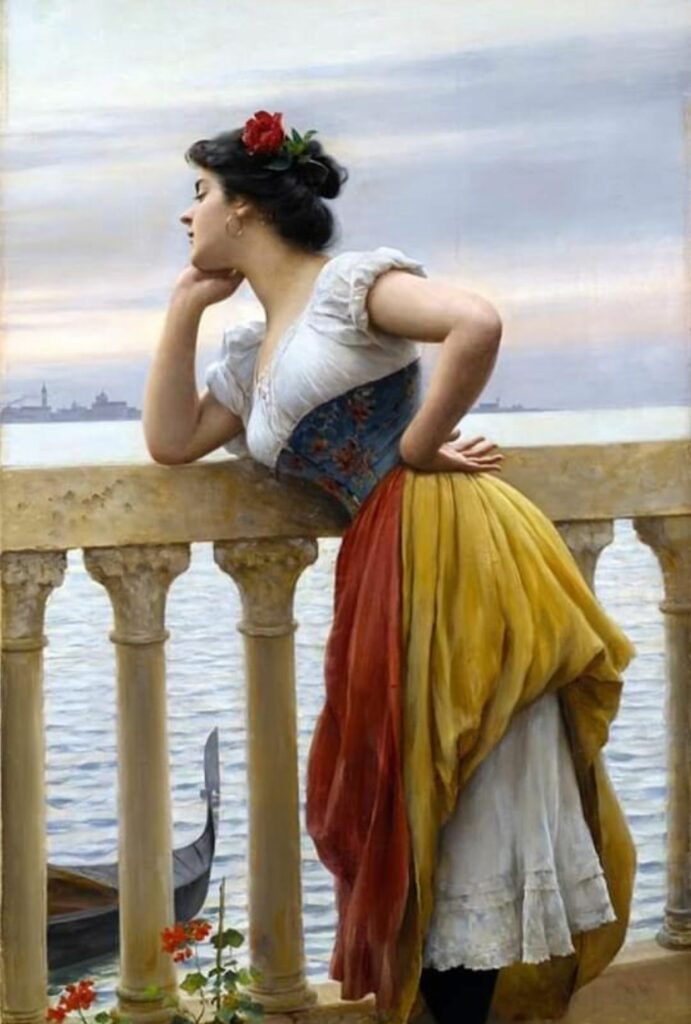
I like this one, simply because I love rainy Paris street scenes: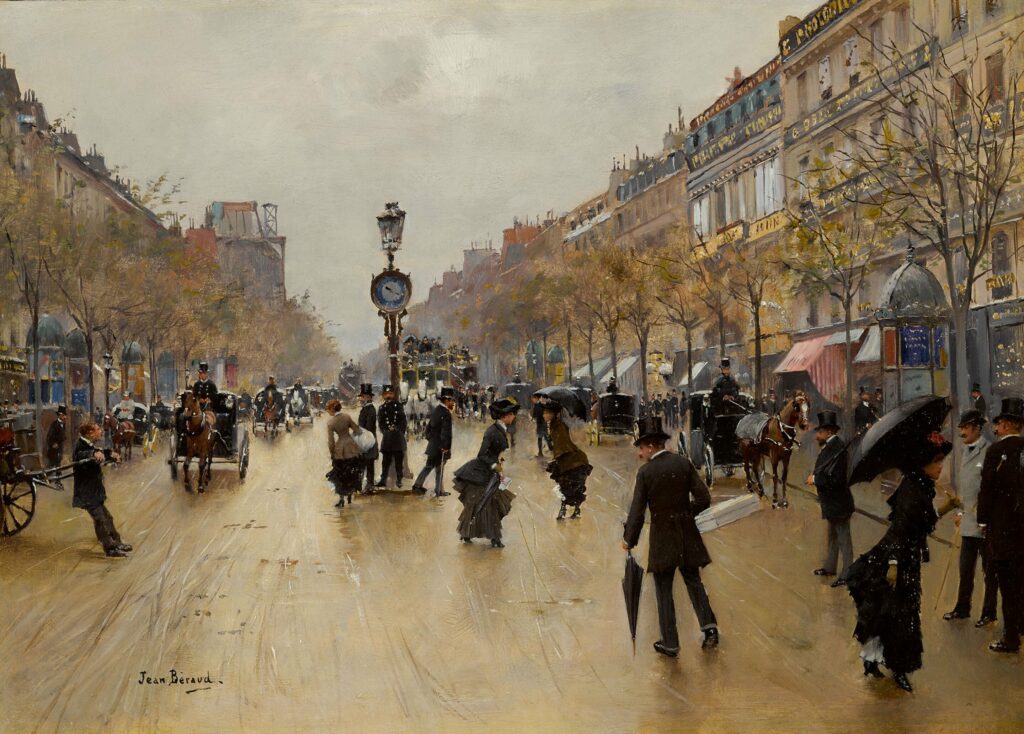
![]()
And this, from a painter whom I don’t know (but intend to rectify the situation):
![]()
Finally, another artist unknown to me, on another favorite topic (gloomy 19th century street scenes):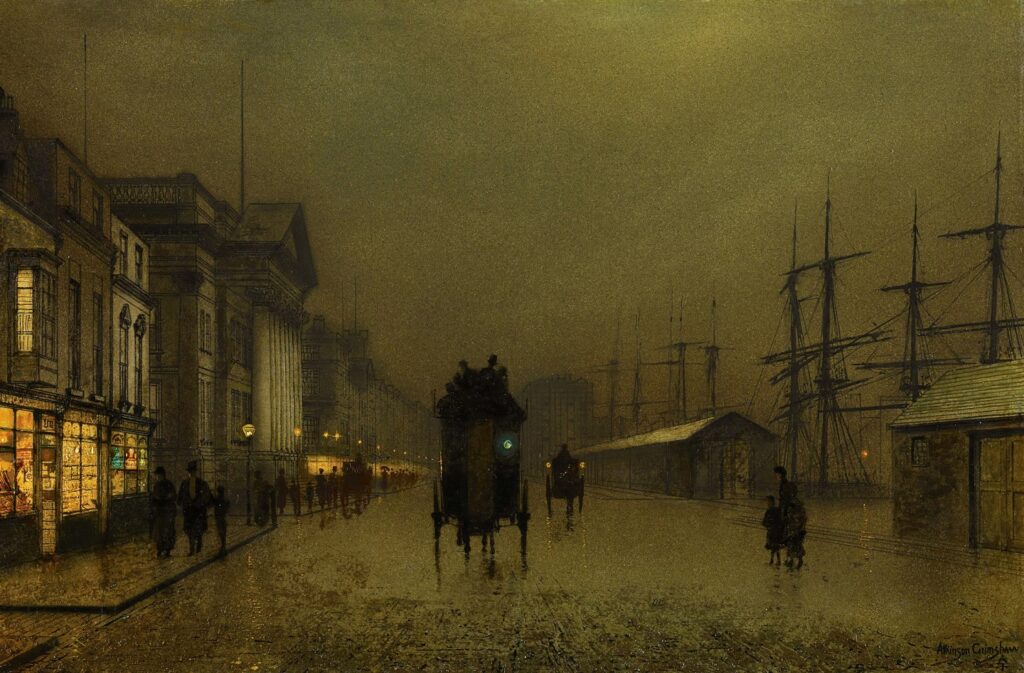
![]()
My only regret is that I don’t have enough walls to hang all the art I’d love to own.
I think the decline of Western civilization can said to have started in earnest when the word “gastropub” became an actual thing instead of a nonsensical word made up from the last tiles in a Scrabble game.
Now they’re even being ranked. Fach.
Here’s what I want to see on a pub menu, in no specific order:
If you aren’t satisfied with anything from the above, you have no business being out of the house.
Best of all, this simple and honest menu is going to be cheap, instead of noisettes d’agneau au poivre costing fifty bucks a portion. Savings can thus be applied to the real business of a pub: booze.
And if the pub’s “chef” (a contradiction in terms, surely?) gets oh-so bored preparing the same basic stuff every day and feels “unfulfilled”, he needs to quit, open up a “fine dining experience” in his own restaurant and go out of business in six months like all those other trendy establishments.
Just stay out of my damn pub.
*
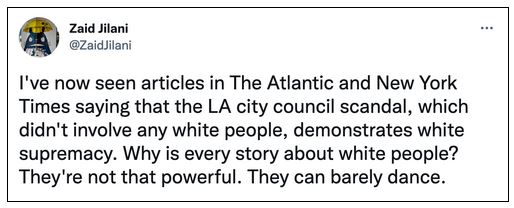
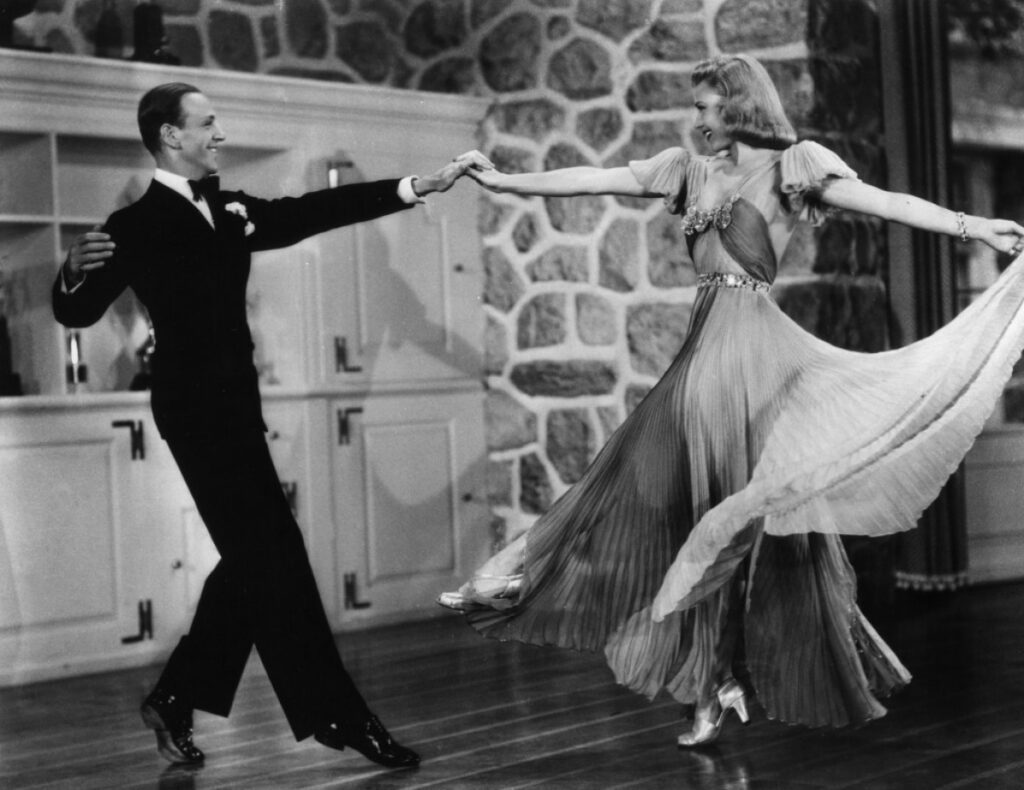
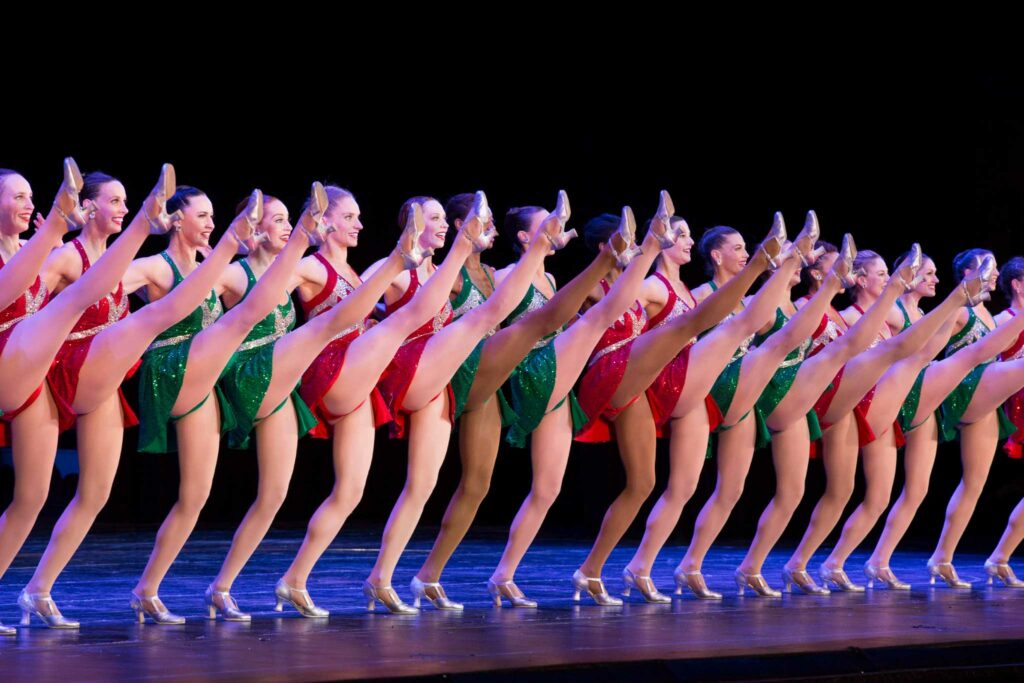
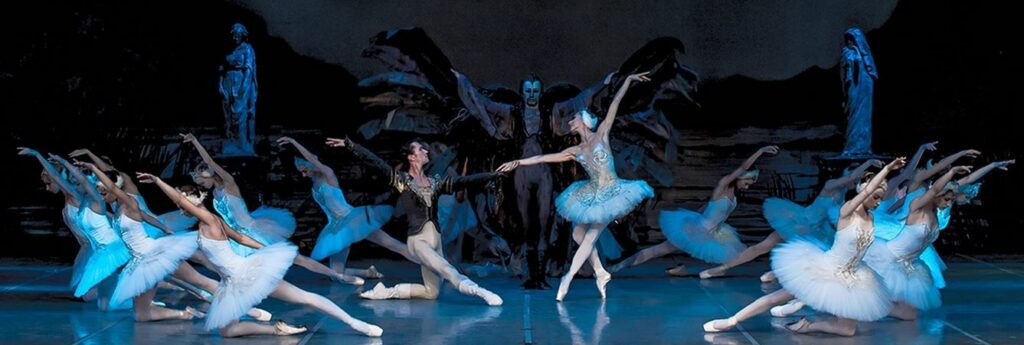
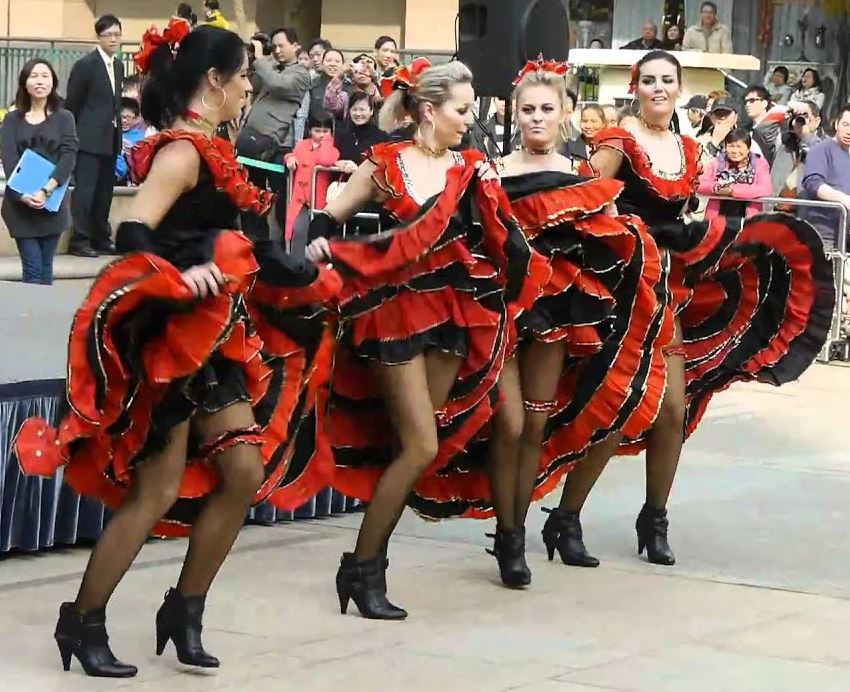
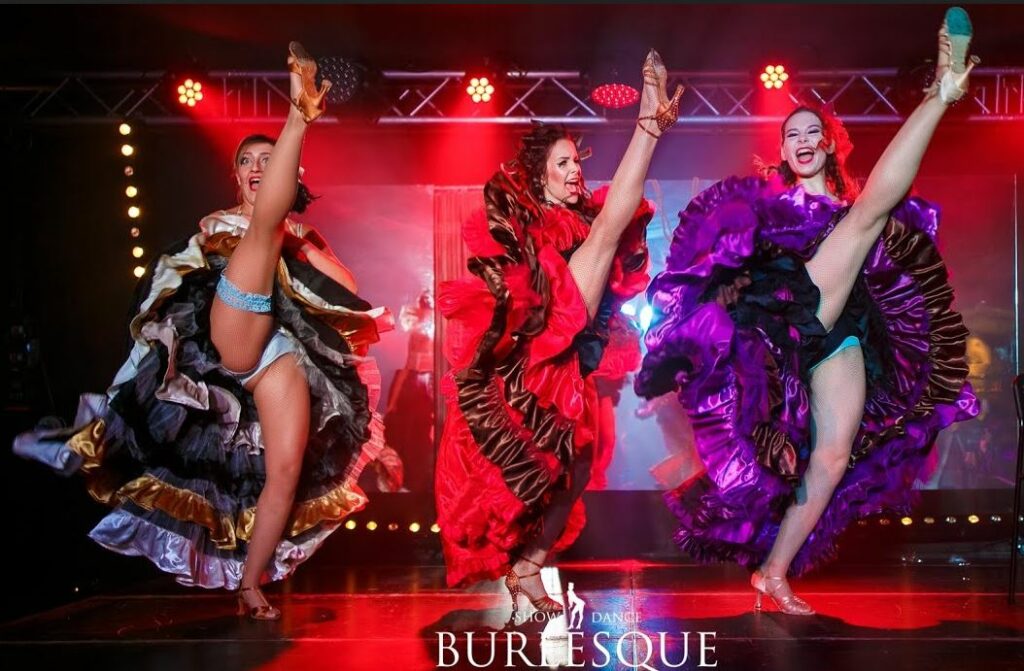
I recently found this painting by Russian artist Lev Tchistovsky entitled “Reclining Nude” (one of many he painted), and I think it’s wonderful (click to embiggen, but it may be NSFW, that is if anyone still goes into an actual office): Read more